American Patchwork
(AMPATCH021: 708527190470/AMPATCH021-3)
Release date: 10/11/2019
Genre: Electronic
$10.00

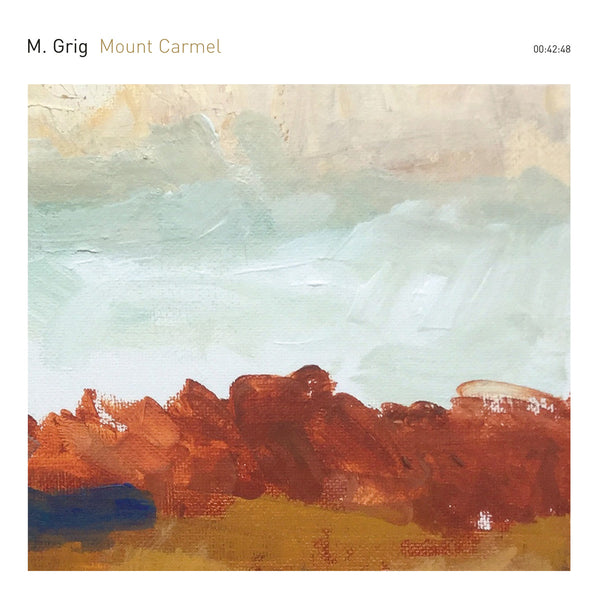
$12.00
M. Grig is a multi-instrumentalist who specializes in dobro, lap steel and pedal steel guitar living in Durham, North Carolina. His songs are beautiful, slow, wistful...


$1.00
Release date: December 6, 2019This Lynchian collaboration pairs the calm, late-night vocals of Tanya Maus with the melancholic piano, sparse electronics, and foreboding processed guitar...

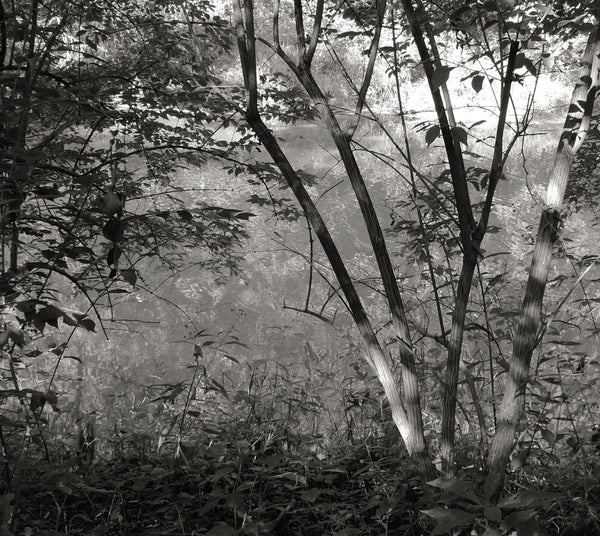
$12.00
On M. Ostermeier's debut full-length CD, both mood and melody come into focus. The acoustic piano provides a warmth and familiarity that offsets the abstract...

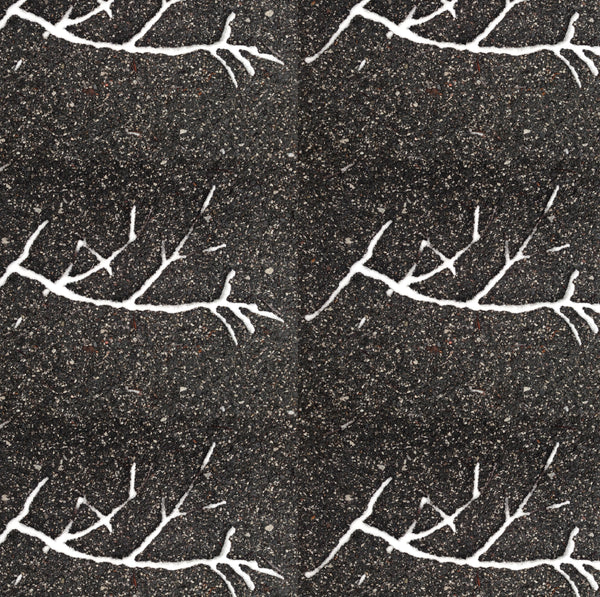
$8.00
Release date: November 22, 2019 The German label [ parvoart ] recordings released M. Ostermeier’s debut album Percolate in a numbered edition of 50...


$11.40
Poignant and at times avant-garde piano style mixed with the spare use of electronics and processed acoustic recordings. Empty space and minimalism figure heavily in...

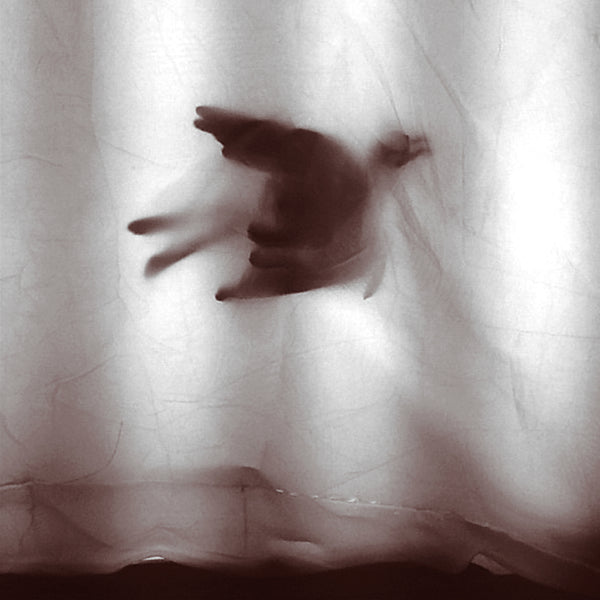
$8.00
Release date: February 21, 2025 (Original release date on Home Normal was April 29, 2016) The piano sketches of M. Ostermeier's fourth album are more...

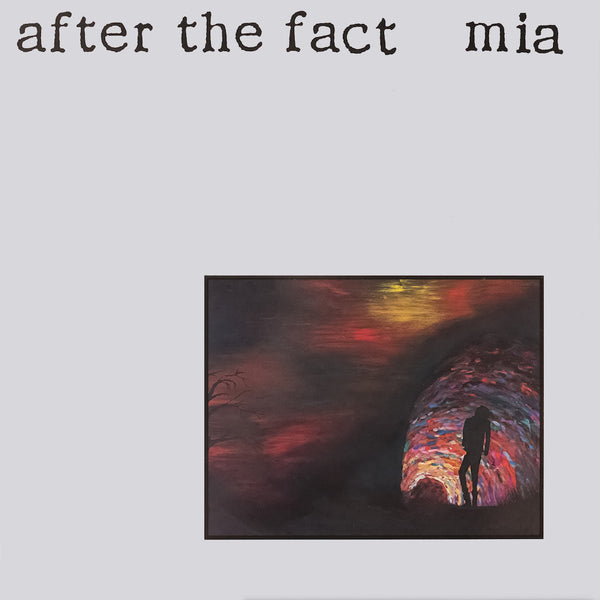
$8.99
Darla Records is proud to offer the first digital and CD reissue of M.I.A.'s fourth and final record After the Fact, originally released on Flipside Records in early...